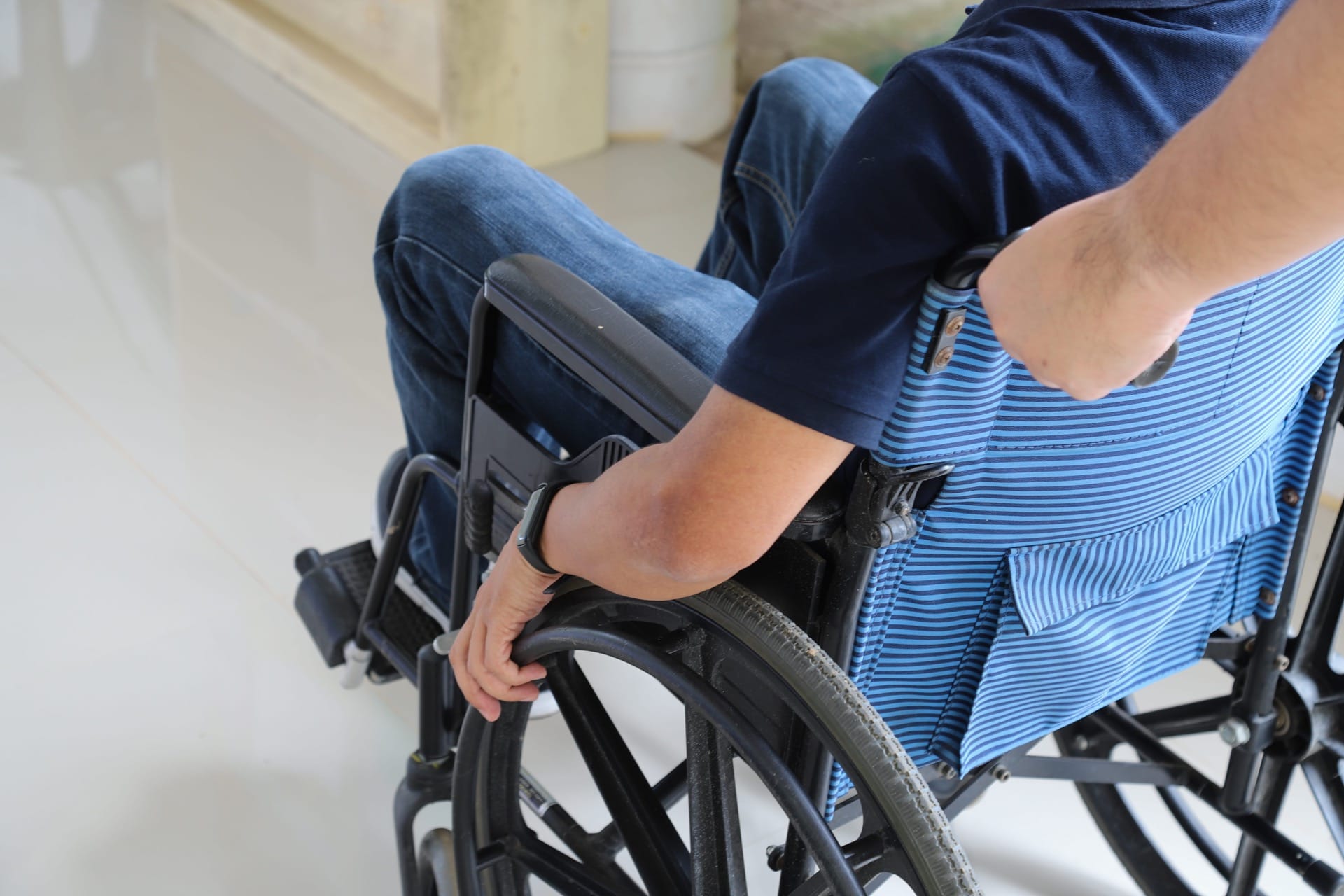
There are several personal injury laws that are governed by state laws in Kansas, including Wichita. These laws can cover a wide range of issues related to personal injury claims, including car accidents, slip and fall cases, medical malpractice, and more.
Here are some key aspects of personal injury laws in Kansas, which would apply in Wichita:
Statute of Limitations: In Kansas, there is a statute of limitations that sets a time limit on how long you have to file a personal injury lawsuit after an injury occurs. Typically, the statute of limitations for personal injury cases in Kansas is two years from the date of the injury.
Comparative Negligence: Kansas follows a modified comparative negligence system. This means that if you are partially responsible for your injury, your compensation may be reduced proportionally. If your degree of fault is found to be 50% or more, you may not be eligible to recover any damages.
No-Fault Insurance: Kansas is a “no-fault” state for car insurance, which means that your own insurance company may pay for your medical expenses and lost wages regardless of who was at fault in a car accident. However, you can still pursue a personal injury lawsuit in certain circumstances, particularly if your injuries meet specific criteria under state law.
Caps on Damages: Kansas may impose caps (meaning a maximum limit) on certain types of damages in personal injury cases, particularly non-economic damages like pain and suffering. These caps can vary depending on the type of case and the circumstances.
Please note that the application of these laws can change based on the unique scenario of each personal injury case. For example, it may not be immediately apparent that an injury occurred due to someone else’s negligence. In such situations, Kansas follows the “discovery rule.” This rule allows the two-year statute of limitations period to begin when the plaintiff discovers or reasonably should have discovered the injury and its connection to the defendant’s actions.
As well, if the injured person is a minor at the time of the injury, the two-year statute of limitations typically doesn’t begin until they turn 18. However, there can be exceptions and nuances in cases involving minors, so it’s essential to consult with an attorney. CarAccidentAttorney.com is a medical and legal referral network and we can connect you with one.
When filing a personal injury claim against a governmental entity or agency in Kansas, such as a city or county, there are typically shorter deadlines and specific notice requirements that must be followed. Failure to adhere to these rules can result in the loss of the right to pursue a claim.
In certain situations, the statute of limitations period may be “tolled” or temporarily suspended. This can happen, for example, if the injured person is mentally incapacitated or a defendant leaves the state, making it difficult to serve them with legal papers.
All of these exceptions to the statute of limitations is why it’s essential to consult with an attorney who specializes in personal injury cases in Wichita, Kansas to get the most up-to-date information and guidance specific to your situation. Contact CarAccidentAttorney.com to begin your case.
